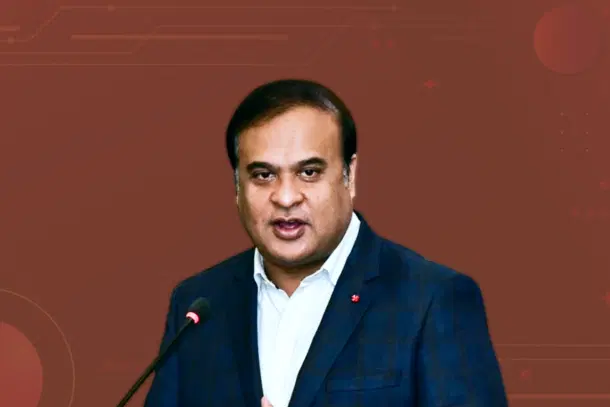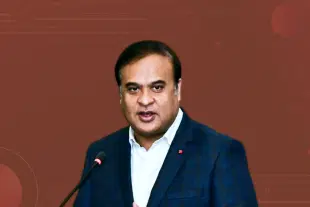News Brief
Assam CM Himanta Supports 125th Amendment To Empower Autonomous Councils Of Northeast, Expects Bill In Budget Session
Vansh Gupta
Jan 30, 2025, 05:42 PM | Updated 05:42 PM IST
Save & read from anywhere!
Bookmark stories for easy access on any device or the Swarajya app.


Assam Chief Minister Himanta Biswa Sarma announced on Tuesday (30 January) that the state government would extend its support to the Constitution (125th Amendment) Bill. He further indicated that the bill may be taken up during the upcoming Budget Session of Parliament, reported The Indian Express.
First introduced in the Rajya Sabha in 2019, the bill seeks to amend Article 280 and the Sixth Schedule of the Constitution, with the aim of enhancing the powers and financial resources of autonomous councils.
The Sixth Schedule pertains to the governance of tribal areas in the states of Assam, Meghalaya, Tripura, and Mizoram.
Sarma stated, “State government (of Assam) is supporting the proposal for 125th amendment of the Constitution. Government of India is in the process of bringing that constitutional amendment. Standing Committee discussion has already been over. So…will see something positive in the upcoming Budget Session (of the Parliament),” as quoted by The Indian Express.
This announcement came during a public event marking five years of the Bodo Peace Accord.
This agreement, signed in January 2020 between the Union government, Assam government, and Bodo militant groups, led to the creation of the Bodoland Territorial Region (BTR). This region is currently governed by the 40-member autonomous Bodoland Territorial Council (BTC).
The push for the Constitution (125th Amendment) Bill has been a long-standing demand from autonomous councils. Sarma's endorsement of the proposal holds particular significance as the BTC is set to hold elections later this year.
In July 2024, a joint forum of the chief executive members (CEMs) of all 10 Autonomous District Councils (ADCs) in the Northeast had met Union Home Minister Amit Shah to advocate for the Bill’s passage.
These ADCs, which are located in Assam, Meghalaya, Mizoram, and Tripura, are responsible for governance in tribal-majority areas, where they hold limited legislative, executive, and financial powers.
An amendment to Article 280 would enable the Finance Commission to recommend measures to augment the funds for Sixth Schedule Autonomous Councils, Village Councils, and Municipal Councils.
Earlier on Tuesday, BTC CEM Pramod Boro expressed concerns about the potential implications of amending Article 280. He mentioned that the Union government might be wary of granting the councils the same powers as a state.
However, he clarified that the government was not opposed to the idea of granting more power to the councils, emphasising that the BTC currently receives insufficient financial resources.
Vansh Gupta is an Editorial Associate at Swarajya.





